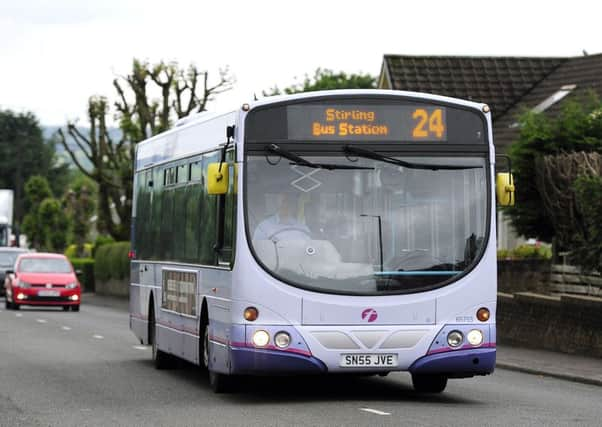FirstGroup '˜encouraged' as profits jump by a third
This article contains affiliate links. We may earn a small commission on items purchased through this article, but that does not affect our editorial judgement.


The Aberdeen-based group, which recently won the South West Trains franchise away from Perth rival Stagecoach, posted a statutory pre-tax profit of £152.6 million for the year to the end of March, up from £113.5m the previous year.
• READ MORE: Stagecoach loses SWT franchise to rival FirstGroup
Advertisement
Hide AdAdvertisement
Hide AdRevenues grew 8.3 per cent to almost £5.7 billion, despite “more challenging conditions” at its bus and rail operations in the UK.
Like-for-like passenger revenues at First Bus edged down 0.6 per cent, while the group’s rail arm saw like-for-like passenger revenues rise 1.3 per cent amid an industry-wide slowdown and infrastructure upgrades on the Great Western network.
FirstGroup chief executive Tim O’Toole said: “We are encouraged by this year’s improved financial results, with our largest division [North American school bus operator] First Student delivering a significant margin improvement despite continued driver recruitment challenges.”
He added: “In the year we have maintained our consistent and disciplined approach to bidding for future business throughout the group, with the recent award of the South Western rail franchise being a good example of our focus on the service quality improvements our customers and communities tell us they want.
“Meanwhile, we continue to increase our use of technology across the group to make it easier for passengers to use our services, and to deepen our understanding of our customers’ evolving needs.”